10 Dec Treating Feline Mouth Ulcers
Oral ulcers in cats are lesions that occur in the oral cavity and can be quite painful. Treatment of oral ulcerations depends on the underlying cause. In humans, mouth ulcers are commonly called ‘canker sores.’ These lesions are attributed to the herpes virus. This is not the case in cats, however. Cats, particularly young felines, can get tongue ulcers with calicivirus. These sores are often found on the lateral margins of the tongue and resolve with treatment of the virus.
Causes of Cat Mouth Ulcers
The most common cause of oral ulcers in cats is gingivostomatitis, commonly known as caudal oral stomatitis. Gingivostomatitis manifests as erythematous, ulcerative, and often proliferative tissue present affecting the palatoglossal folds. The palatoglossal folds are located at the very back of the oral cavity.
Felines with gingivostomatitis are often young than seven years and may have a history of juvenile-onset gingivitis and periodontitis. It is suspect, but not proven, that calicivirus may play a role in this pathology.
Oral ulcerations can also occur due to contact with calculus present on teeth. These ulcers are described as “kissing lesions” and are more common in dogs than cats.
Treating Feline Mouth Ulcers
Treatment of oral ulcers is dependent on the underlying cause. A detailed anesthetized oral exam complete with dental imaging is recommended. A dental cleaning with the treatment of existing periodontal disease and resorptive tooth lesions is indicated for many patients.
In cases of gingivostomatitis, treatment involves full-mouth or partial-mouth extractions. Partial mouth extraction therapy consists of extracting all teeth behind the canine teeth. Full mouth extractions involve extracting all existing dentition, including any retained tooth roots located under the gum line. Pain medication and occasionally antibiotics are prescribed with extraction therapy.
Depending on the response to extraction therapy, adjunctive medication therapy is recommended. Cyclosporine, prednisolone, and Interferon omega are commonly used for extended medical management. Recent studies have shown promise with mesenchymal stem cell therapy.
Veterinary Dentist in Colorado
If you suspect that your feline friend has oral ulcers, please schedule an appointment with your primary care veterinarian or at Animal Dental Care & Oral Surgery in Colorado Springs.

